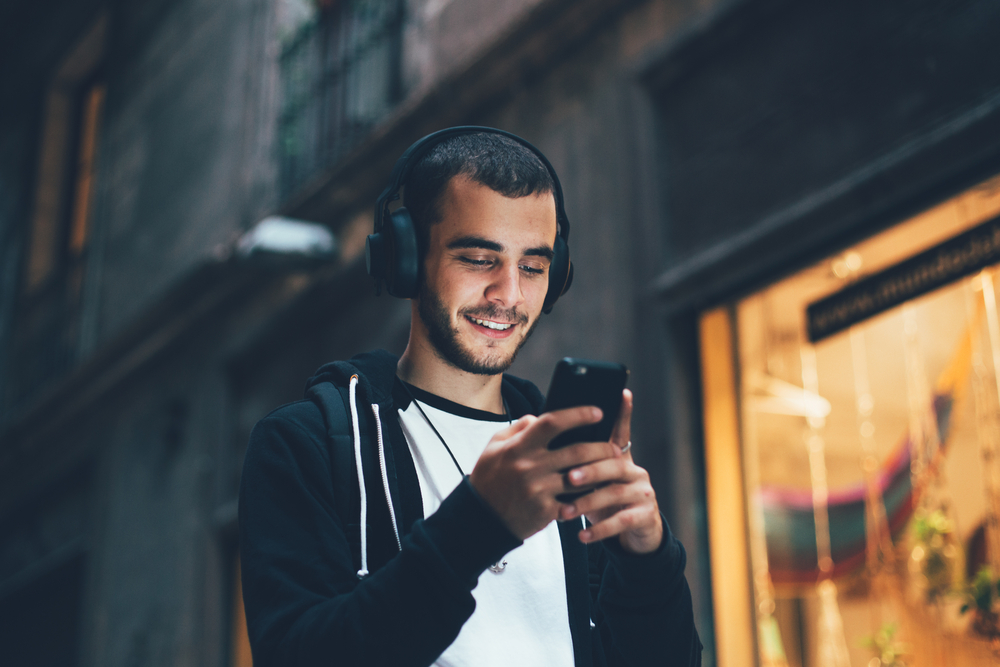
James is a music aficionado who has excelled in the art of integrating his favored music into his day-to-day life, effortlessly shifting from Spotify at his work-desk to Pandora on his runs, and carefully putting together playlists to perfectly complement every activity, whether he’s working out, cooking a meal, or immersed in a gaming session. He’s rarely observed without his headphones, which have become an integral part of his daily life, turning every moment into an individualized audio experience. However, while James finds relaxation and joy in the immersive world of music, the very thing he cherishes could be silently weakening his precious sense of hearing.
Regarding our ears, there are both safe and hazardous ways to indulge in music. Unfortunately, a lot of us lean towards the second option.
How does prolonged music exposure lead to hearing loss?
Extended exposure to loud sounds can lead to a decrease in your auditory function. Hearing loss is commonly connected to growing older, but the latest studies indicate that it is mainly triggered by damage from exposure to loud noises rather than being a natural part of getting older.
Younger people are more prone to noise-induced damage as their ears are still in the developmental phase. However, teenagers tend to ignore the potential risks of excessive noise over time. A growing number of young people are experiencing hearing loss due to frequent use of loud headphones.
Can one listen to music without any safety issues?
Unrestricted max volume is clearly the” dangerous” way to listen to music. There is a way to enjoy to music more safely, which usually means decreasing the volume. The suggested safe volume levels are normally as follows:
- For Adults: No more than 40 hours of listening on a device, and keep the volume lower than 80 dB.
- For Teens and Minors: You can still listen for 40 hours, but keep the volume level lower than 75 dB.
Forty hours week is about five hours and forty minutes a day. That seems like a lot, but it can go by relatively quickly. Even still, most people have a fairly strong concept of monitoring time– it’s something we’re taught to do effectively from a really young age.
The more challenging facet entails keeping track of your sound level. Technologies like smartphones, computers, and TVs typically do not display volume in decibels. It’s gauged on some arbitrary scale. Perhaps it’s 1-100. But maybe it’s 1-16. You may be unaware of the maximum volume capacity of your device or how close you are to reaching that limit.
How to properly track your music volume
Several free noise monitoring apps can be found for both iPhone and Android devices to tackle this issue. These apps supply instant feedback on ambient noise levels, enabling users to fine-tune their listening volume to safe levels.
That’s why the majority of hearing specialists advise the use of one of many free noise tracking apps. These widely accessible apps, compatible with both iOS and Android platforms, provide instant sound-level feedback on the ambient noise around you. That way, you can monitor the dB level of your music in real time and make adjustments.
A volume comparison: garbage disposals and beyond
By way of illustration, 80 dB is approximately comparable to the noise produced by a typical garbage disposal or dishwasher– audible, yet not excessively loud. Acknowledging this standard is crucial, as it represents the threshold beyond which hearing damage becomes a tangible danger.
It’s important to exercise heightened vigilance when noise levels surpass this critical point. Think about reducing your exposure to exceedingly loud music by listening to specific songs at the highest volume rather than listening to entire albums.
Repeated exposure to elevated volume levels can trigger hearing complications including tinnitus and eventual hearing loss. By remaining mindful of when our ears move into the danger zone, we empower ourselves to make informed decisions, with the paramount goal of fostering safer listening practices.
Make an appointment for a hearing assessment
For better prioritization of your hearing health, it is recommended to consult a hearing specialist to schedule a comprehensive hearing exam. Taking proactive actions like regular screenings can pinpoint possible issues at an early stage, enabling prompt actions and tailored advice to safeguard your valuable hearing.